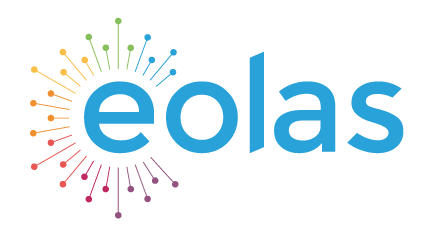Datacenter vs Green Datacenter
EDT’s mission is to digitalise all documents exchanged between businesses and their customer and supplier network. To achieve this goal, we have built a trusted network to enable you to digitalise and automate your data exchanges, whatever your volume, size and formats.
Definition
A green datacenter is a datacenter that uses technologies that optimise energy consumption. It incorporates the latest generation systems and relies on newer, more efficient technologies.
Electricity consumption
Datacenter: as much electricity as a city of 30,000 inhabitants
Green datacenter: mostly green energy
Average PUE (data: 2014)
Datacenter: 1,7 – 2
Green datacenter: 1,3
Cooling
Datacenter: represents 40% of the electricity bill
Green datacenter: significantly lower percentage, by exploitation of the natural environment
Green technologies
Technologies and indicators
Free air cooling
Use of low temperature from outside air to cool the system
Liquid cooling
System cooling by convection or movement of a liquid in a circuit (water, oil)
Heat recovery
Heating of houses, offices, swimming pools
Load shedding
Storage of relayed electricity when the power supply is switched off
Autonomous and green energy production
Use of photovoltaic solar panels or wind turbines to produce part of the electricity needed to run the data centre
Examples of green and innovative datacenter

Unusual: Stavanger
Located in a former NATO bunker under 200m of rock in Norway. Close to the North Sea, the cooling of the computer rooms is optimal.

Innovative: Mangin datacenter
Built in the heart of a former industrial wasteland in Grenoble, it uses a water table on which it is located to carry out the heat exchange of its servers.

Green: Iron Mountain
The company uses the Ringer Hill wind farm and solar panels to power its data centres, located in three different states.
Key energy and environmental efficiency indicators
PUE: Power Usage Effectiveness
Measures the efficiency of the energy used to power the data centre
Ideal = 1
ERE: Energy Reuse Effectiveness
Measures the level of reuse of heat generated by the data centre
Ideal = 1
CUE: Carbon Usage Effectiveness
Measures the carbon footprint of the data centre in relation to its overall power consumption
Ideal = 0
WUE: Water Usage Effectiveness
Measures the amount of city water consumed per year to cool the data centre systems
Ideal = 0
GEC: Green Energy Coefficent
Measures the proportion of renewable energy consumed in relation to the total energy used
Ideal = 1
DCEM : Data Center Efficiency Management
Measures energy efficiency according to 4 criteria: energy consumption, share of renewable energy used, share of energy reused for other purposes, energy efficiency
Ideal = A
Reduction of CO2 emissions
The Eolas Green Datacenter
Latest generation equipment
Free water cooling
Groundwater cooling
100% green energy
Powered by GEG Group hydroelectric and wind power plants. Energy production through photovoltaic solar panels on the roof and facade

Key indicators
- PUE: 1,33
- WUE: 0
- CUE <0
- Availability: 100%

